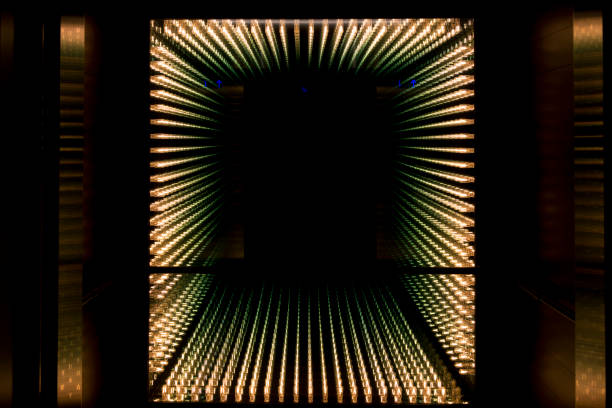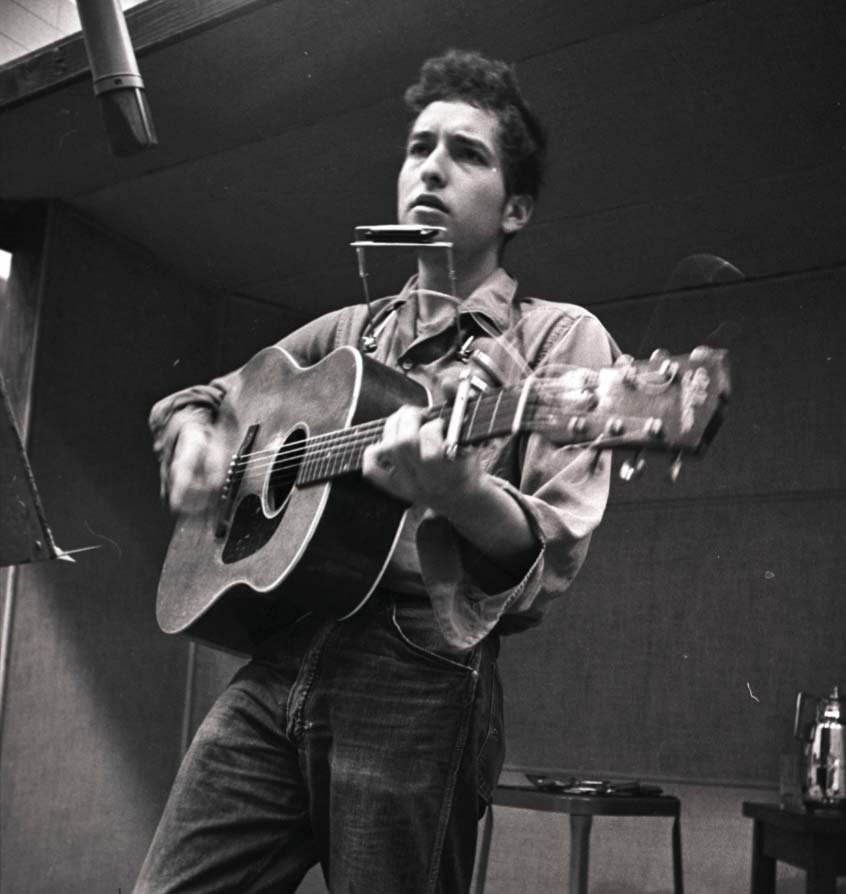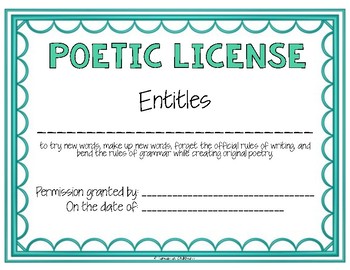.jpg?w=780)
I’ve already talked about what I call the “cult of self-expression,” but here I want to talk about the related “cult of authenticity.”
In the most recent Disney version of Pinocchio, Pinocchio decides he wants to remain a marionette rather than to become a real boy, as happened in the first Disney film. This is a significant change in the story. In the first version, Pinocchio is tested and tempted (by real temptations, like alcohol and tobacco, vs. the new version), and as a result he grows and develops. Part of that development is that he becomes a real boy. It’s a justified transformation, as he has earned it. However, in the newer version, Pinocchio decides to remain his “authentic self.” Meaning, he rejects growth and development and transformation.
This, in the end, is what is meant by “authenticity.” To remain “authentic” means to reject learning anything because it endangers your authentic self. It rejects moral development just as much as artistic development. You have to develop your morals and your values. Yes, we have genetic proclivities to certain moral actions and values, but that doesn't mean we're stuck with them.
This rejection of development is at the root of the authenticity cult and the self-expression cult. You don’t have to mature, change, learn, develop, etc., because all of those will get in the way of you being authentic and engaging in self-expression. But if you have children, you know you don’t really want them to be their “authentic selves.” You want them to become better selves.
Our aim should, rather, be excellence. Now, excellence isn’t perfection. Perfection isn’t an option. Excellence is continual improvement of your craft (or your moral self, or your learning, or any other aspect of yourself).
Nobody wants to read poetry from your “authentic self.” Your authentic self isn’t all that interesting. Nobody wants to listen to you play “authentic” guitar, uninfluenced by anyone. That would just be a mess, chaos, noise. And that’s really what your authentic self is. Rather, you need to develop style. Your style is developed by emulating others, finding those whose style impresses you, and transforming those styles into your own through combination. This is true of all the arts, and it’s true of poetry.
Authentic talent always develops within a tradition. Your tradition is not likely to be the same as another’s tradition. Someone who loves Romantic poetry is going to write quite different poems than someone who loves the Modernists, like T.S. Eliot, Wallace Stevens, and Eluard; and they will write different poems from someone who works within the postmodern tradition. As a Metamodernist poet, I work within not just these traditions, but am influenced by Japanese and Chinese poetry, Renaissance and Medieval and Ancient poetry, and various African and Latin American traditions. Obviously, then, my poetry will be different still.
All of this is true of all the arts. My 10-year-old somehow understands this quite well. He is teaching himself guitar, and his musical influences are The Beatles, Nirvana, and Gorillaz. He also has tried to learn AC/DC, Queen, and Bob Dylan. He performed “We Don’t Talk About Bruno” for a school talent show. It will be interesting to see how these converse and converge to become his own style. In fact, he already plays around with creating his own compositions, and they are often quite upbeat. He will also, though, find other bands he wants to emulate, and they will provide further foundation for his style. Thus, it will evolve over time. His artistic self will develop over time, and that’s as it should be.
This is what each of us should do as poets as well. I strongly encourage each and every one of you to become as broadly influenced as possible, across time and cultures. Poetry needs a renewal, and the way to do it is to embrace the entirety of the past, to embrace every tradition from the most ancient to postmodernism, and to create new things within that global frame. Each of us will find their own style, from a combination of our own personal experiences and the peculiarities of what you read, hear, and see. This is how you become part of the poetic tradition.






